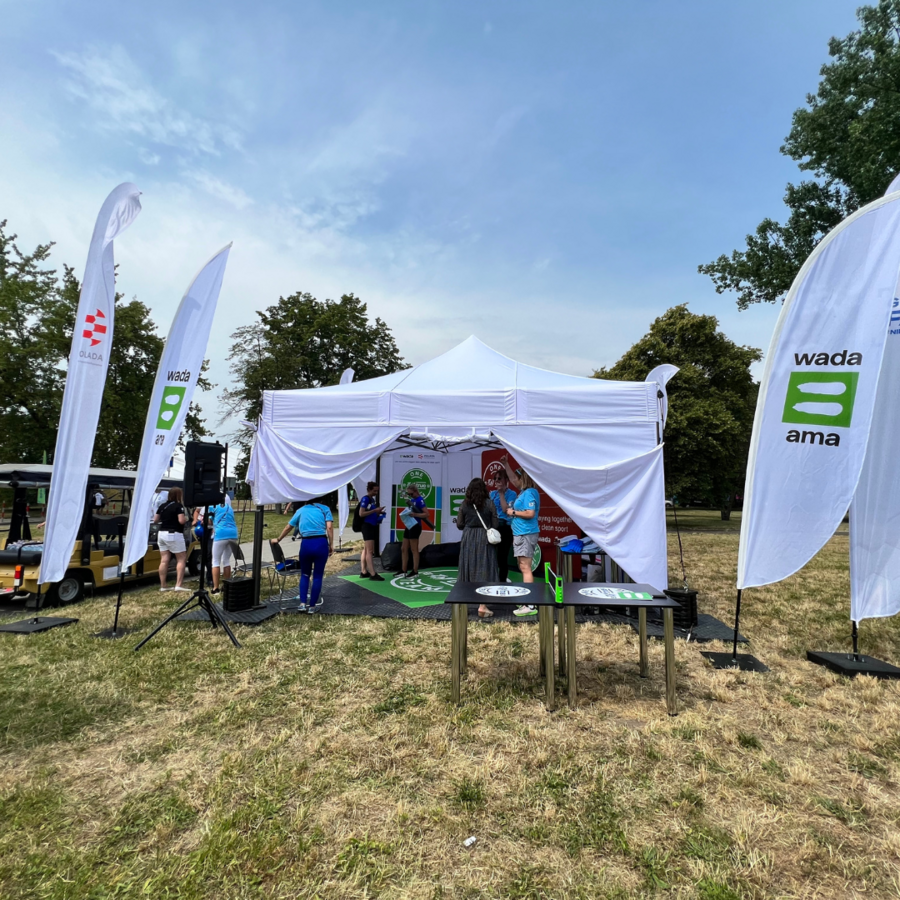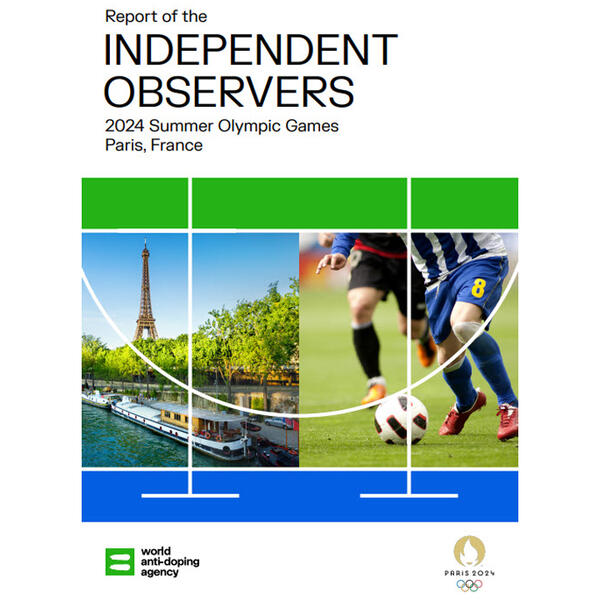Releases
WADA publishes Independent Observer team report for the 2023 European Games

The World Anti-Doping Agency (WADA) has published its Independent Observer (IO) team report regarding the anti-doping program of the 2023 European Games, which were held in Kraków, Poland, between 21 June and 2 July 2023.
WADA’s IO program is an important element of its compliance monitoring of Major Event Organizations, with IO teams providing an independent review of all aspects of the anti-doping programs as delivered at major events around the globe, including the Olympic and Paralympic Games. In addition to publishing this written report after the event, the team was also able to provide real-time feedback during the Games in a positive and collaborative way.
The anti-doping program of the 2023 European Games was operated by the International Testing Agency (ITA) on behalf of the European Olympic Committees (EOC) with support from the Polish Anti-Doping Agency (POLADA) and the local organizing committee. WADA’s IO team collaborated with the various organizations to help strengthen the program. The team consisted of:
-
Stefan Trinks (Germany), Head of Testing, National Anti-Doping Agency Germany (Chair);
-
Olympia Karavasili (Greece), WADA Deputy Director, Stakeholder Engagement and Partnerships (Vice-Chair and Manager);
-
Ivan Ćosić (Croatia), World ParaVolley Athlete Representative and WADA Athlete Council member; and
-
Ruta Banyte (Lithuania), Director, Lithuanian Antidoping Agency.
Mr. Trinks said: “It was a privilege to lead WADA’s Independent Observer team for the 2023 European Games in Poland. The team would like to thank and congratulate the European Olympic Committees, the International Testing Agency and the Polish Anti-Doping Agency, who all contributed to the success of the anti-doping program. We would also like to recognize the selfless efforts of the dedicated staff and volunteers who played an integral role in delivering the anti-doping program.”
The IO team observed all aspects of the European Games’ anti-doping program, including:
-
Test distribution planning and implementation;
-
Recruitment and training of sample collection personnel;
-
Athlete selection, notification and sample collection procedures;
-
Transport and chain of custody of samples;
-
Therapeutic Use Exemption procedures; and
-
Results management.
In addition to featuring the strengths of the program, the report also identifies a number of recommendations and best practices to consider for future European Games and other major events.

